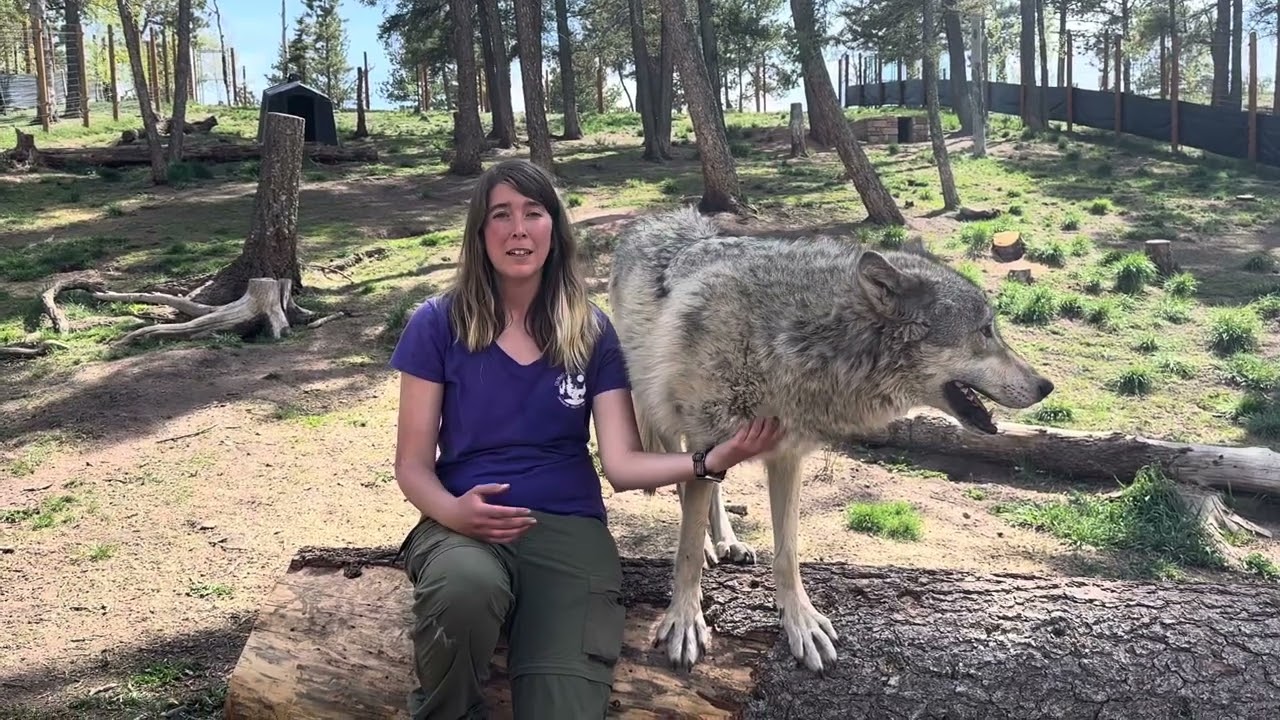- Introduction to Colorado’s Range Rider Program and its significance in wildlife conservation.
- The role of range riders in managing wolf populations and protecting livestock.
- An overview of wolf behavior, ecology, and their impact on ecosystems.
- Collaborative efforts and community involvement in wolf conservation.
- Challenges and successes of implementing the Wolf Talk 5/28 initiative.
Colorado’s Range Rider Program plays a crucial role in the delicate balance of wildlife management and conservation. This initiative is instrumental in mitigating conflicts between burgeoning wolf populations and human activities such as agriculture. The program relies on range riders, individuals adept at both wildlife management techniques and livestock protection. The success of this program is due in large part to these dedicated professionals who patrol the expansive grazing lands of Colorado.
Range riders are essential in maintaining harmony between predators and farmers. They monitor wolf movements and assess their impact on livestock. Their presence acts as a deterrent to potential wolf attacks, reducing tensions between ranchers and conservationists. The riders are well-versed in wolf behavior, utilizing non-lethal methods to protect livestock. This includes hazing techniques that discourage wolves from approaching herds. The program fosters coexistence, promoting both agricultural sustainability and wildlife conservation.
Wolves are keystone species, playing a pivotal role in ecological dynamics. They help regulate prey populations, which in turn influences vegetation and biodiversity. Understanding wolf behavior and ecology is fundamental to their management. Wolves typically form tight-knit packs and have defined territories. Their communication is intricate, relying on vocalizations, body language, and scent marking. These behaviors are considered in formulating conservation strategies that balance ecological needs with human interests.
Collaboration is central to successful conservation efforts. The Wolf Talk 5/28 program emphasizes community involvement and education. Engaging local stakeholders, such as ranchers and environmental groups, enhances understanding and cooperation. Educational initiatives highlight the ecological importance of wolves, changing perceptions and encouraging participation in conservation measures. This collective approach not only benefits wildlife but also strengthens community ties.
Implementing the Wolf Talk 5/28 initiative presents its own array of challenges and achievements. Balancing conservation with agricultural interests requires ongoing dialogue and adaptation. Managing the complex dynamics of wolf reintroduction involves addressing concerns about livestock losses while promoting biodiversity. The program’s successes are evident in the reduction of livestock predation and the establishment of trust between different interest groups. The lessons learned provide valuable insights for future wildlife management projects.
Overall, Colorado’s Range Rider Program exemplifies a successful integration of science, community engagement, and practical conservation methods. By focusing on coexistence, it fosters a sustainable environment where both wolves and humans can thrive. This program serves as a model for other regions grappling with similar wildlife management challenges. Through continued efforts, initiatives like these can pave the way for a harmonious coexistence between humans and wildlife.
*****
Source Description


